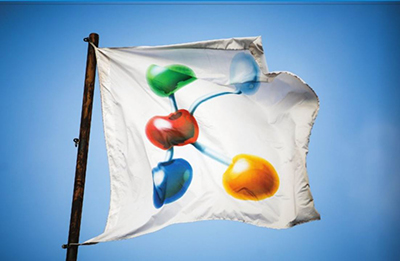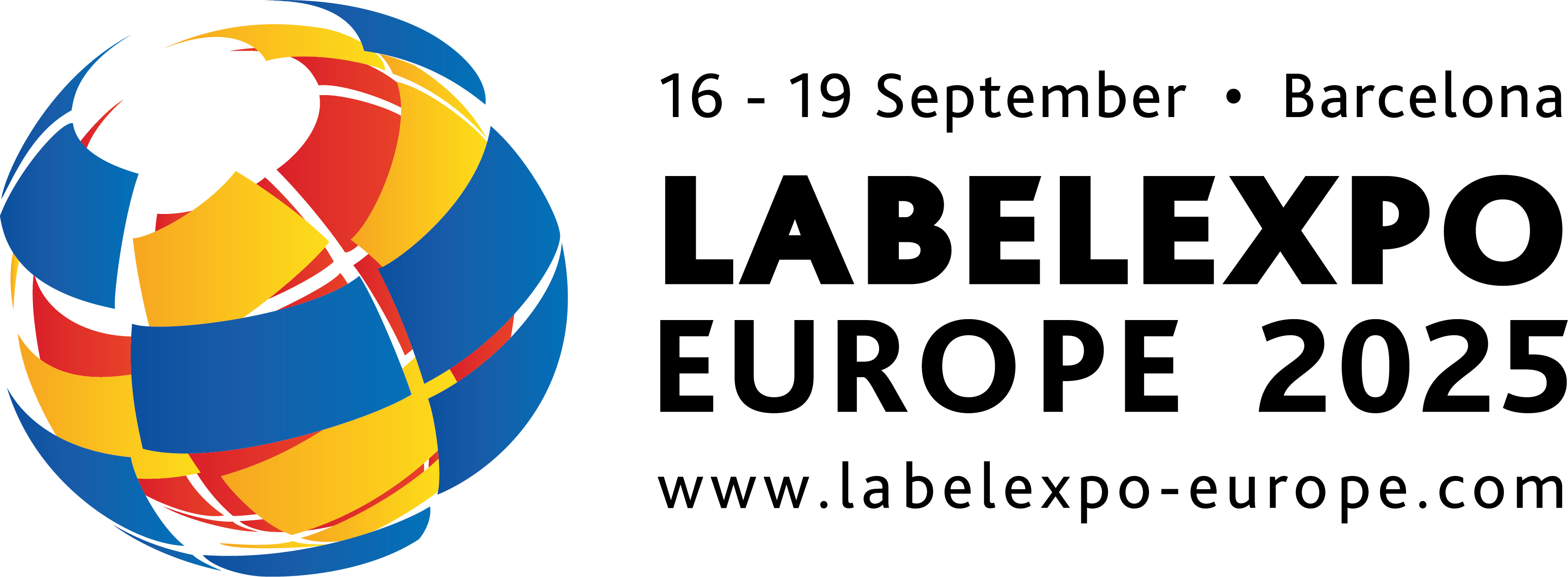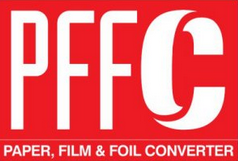K 2019 Düsseldorf: New Technologies as Drivers of Innovation for a Productive and Responsible Today, Tomorrow and Future
K 2019, known as “The World’s No. 1 Trade Fair for Plastics and Rubber” is scheduled to take place in Düsseldorf October 16-23 and is expected to consist of over 3000 exhibitors from more than 60 countries. K 2019 will occupy the entire Düsseldorf exhibition grounds with some 175,000 m² of net exhibition space, and more than 200,000 trade visitors from all over the world are expected come to the event.
For eight days, industry experts and professionals of the plastics and rubber world are scheduled to meet to demonstrate the industry’s capabilities, discuss current trends and set the course for the future. K 2019 underscores its special position by addressing the current challenges of the era and of its sector, first and foremost regarding “plastics for sustainable development” and the “circular economy.” These not only will be among the hot topics touched on at the exhibitors’ stands at the upcoming K 2019 but will also be covered comprehensively in the supporting program.
Crucial topics will be discussed in detail, including packaging waste, marine litter and climate change on the one hand and resource conservation, energy efficiency and recycling on the other.
For information on the show, visit www.k-online.com.
Circular Economy: Preserving Value - Saving Resources
Plastic products have become an integral part of almost every area of life. For good reason. Plastic packaging extends the shelf life of food, plastic parts in cars reduces their weight and CO2 emissions. In medicine, plastics ensure maximum hygiene standards and make medical products safe. Despite its many advantages, this important raw material has come into disrepute for some time now - because of the plastic waste that pollutes entire regions and floats in huge carpets on the world’s oceans. But this problem can be solved. As the concept of “circular economy” plays a central role in this, it has become a hot topic at K 2019,
The idea at the root of the circular economy concept is quite simple: once used, valuable raw material can be processed at the end of its service life and be reused to create a new product - in an infinite loop. While some materials have limitations that do not allow this, a vast array of polymer materials are perfectly suitable for this approach. A circular economy dramatically reduces waste and also protects the resource of crude oil, because wherever new products are made from recycled plastic, there is no need to use raw, i.e. previously unused, materials.
About seventy years ago, plastics became a mass product. The University of California estimates that about 8.3 billion tons of plastics have been produced since then. Particularly in the wake of the strong population growth in many parts of the world, plastics production rates have shot up in recent times. The survey shows that the figures rose sharply: from 2 million tonnes of plastics produced in 1950 to 348 million tonnes in 2017. Accordingly, we have witnessed a substantial rise of plastic waste and we are faced with an urgent question: how to manage plastic waste sensibly? Two pressing problems are at the root of this complex challenge: littering and the unrestricted use of resources, which not only damages the environment but also slows economic growth.
Many countries have now realized that they need to change their approach if they want to harness the undeniable benefits of plastic products for years to come. In its plastics waste management strategy presented in 2018, the EU has shifted its focus to the recycling sector. In China's current five-year plan, circular economy is postulated as a goal. Countries such as India and Indonesia have declared war on plastic waste pollution. There are also approaches to a cycle in Africa, for example in Nigeria. Because criticism of plastics has also been growing among consumers in many places, a whole series of international brand manufacturers have already committed to the cause and adopted their own recycling strategies. Companies such as Coca-Cola, Ikea, Kraft Heinz or Adidas have promised to increase the proportion of recycled plastics in their products or their packaging in the future or – as in the case of Chinese Gree Electric Appliances, one of the largest manufacturers of electronic domestic appliances in China – have vowed to make their products completely recyclable.
However, the implementation of a circular economy is still very much in its infancy. Many prerequisites still have to be met. First of all, we need waste collection systems. If used plastics are to be recycled, a sufficient quantity must be available. At present, there are various different recycling systems established in many countries throughout the world. In Germany, for example, there are deposit systems for PET bottles or models that coerce the industry and retailers to participate in the financial costs of packaging collection. They are all based on the idea that plastic waste is a valuable asset worth collecting. Product design is also important. So far, the main focus has been on functionality and, in the case of consumer goods, appearance. In the future, recyclability should become an important aspect that comes into play in the early product development stages.
Recycling is another core component of any circular economy. We need technologies that allow cleaning, segregation, shredding and pelletising of used plastics to ensure that it is ready for reuse in the production of plastic parts. Many of these technologies already exist. However, the quality of the recycled material often poses a problem. Only pristine recycled material is suitable for the production of high-quality plastic parts. In practice, however, it is virtually impossible to predict the purity of secondary material generated from recycled plastics. This is why Thorsten Kühmann, managing director of the Plastics and Rubber Machinery Association of the VDMA, proposes the introduction of standards for recycled materials. “So far, no one who uses recycled materials knows what quality they will receive. This makes the processes less reliable, because production cannot be influenced as much as when standardized virgin material is used. Standardised recycled material would be much more acceptable." In any case, the cleaner the plastic waste, the easier it can be re-processed into high-quality plastic pellets. Many experts therefore advocate separate collection systems to ensure that different plastics need no longer be separated by the recycling company, which in itself wastes a lot of water and energy.
Networking required
Networking waste management and recycling with production is a core aspect of the circular economy concept. At present, this part of the process is still in its infancy. "The main problem are various players and groups, which obstruct the introduction of a functioning circular economy,” said Henning Wilts, expert for circular economy at the Wuppertal Institute for Climate, Environment and Energy. He identifies a lack of cooperation to promote a cross-company network of collection, recycling and production. There is little to no exchange of data among companies. For example, at present, producers have no way of knowing which polymer material the recycler is generating at any given time, which means that they cannot plan with any certainty the quantities they will receive. Also, the individual areas of the cycle are usually subject to completely different legal regulations. "The systems have developed separately over decades. Bringing them together is a major challenge," said Wilts.
Nevertheless, removing obstacles is a worthwhile effort, not only because it helps us protect the environment and promotes resource conservation. The EU Commission also maintains that a circular economy for plastics will improve competitiveness and therefore considers it a very real economic benefit.
"If we succeed in establishing a closed-loop economy, its massive cost-efficiency would encourage other countries to follow suit,” said Wilts.
The first country to successfully implement a circular economy will become the role model for everybody else. Retaining the value of plastics by reusing it and treating it as a resource is also a convincing argument for those countries and regions that are only beginning to be faced with the problems of plastic waste.
Not all plastics can be recycled in an economically viable way, and not all used plastics find their way back into the cycle. But these materials can also be useful. Thermal recovery, i.e. incineration, of this group of plastics, for example, can save the fuel required by cement plants. In this application, plastic as a basic material is used at least a second time.
All experts agree on one thing: sustainable, global change and the successful and permanent implementation of a circular economy requires support and cooperation along the entire value chain, from the material manufacturer to the end consumer. Sustainable behavior begins at home and at school.
People need to be made aware of the value of plastics across all nationalities, age groups and social groups. But a high level of commitment from politicians and legislators is also essential. Protectionism, which only takes into account one's own national interests and a restricted number of influences connected with trade policy, will neither help to implement appropriate measures nor promote a general rethinking process.
Some positive initiatives are already underway: The Member States of the European Union are obliged to achieve a collection rate of 90 percent for disposable plastic bottles by 2025. However, much more tangible measures are required, such as setting margins for the use of recycled material in production or defining a fixed amount of electricity that must be generated by plastic waste incineration.
At K 2019 in Düsseldorf, the subject of recycling management will not only cover a large amount of space at the exhibitors' stands, but will also be featured prominently in the supporting program.









